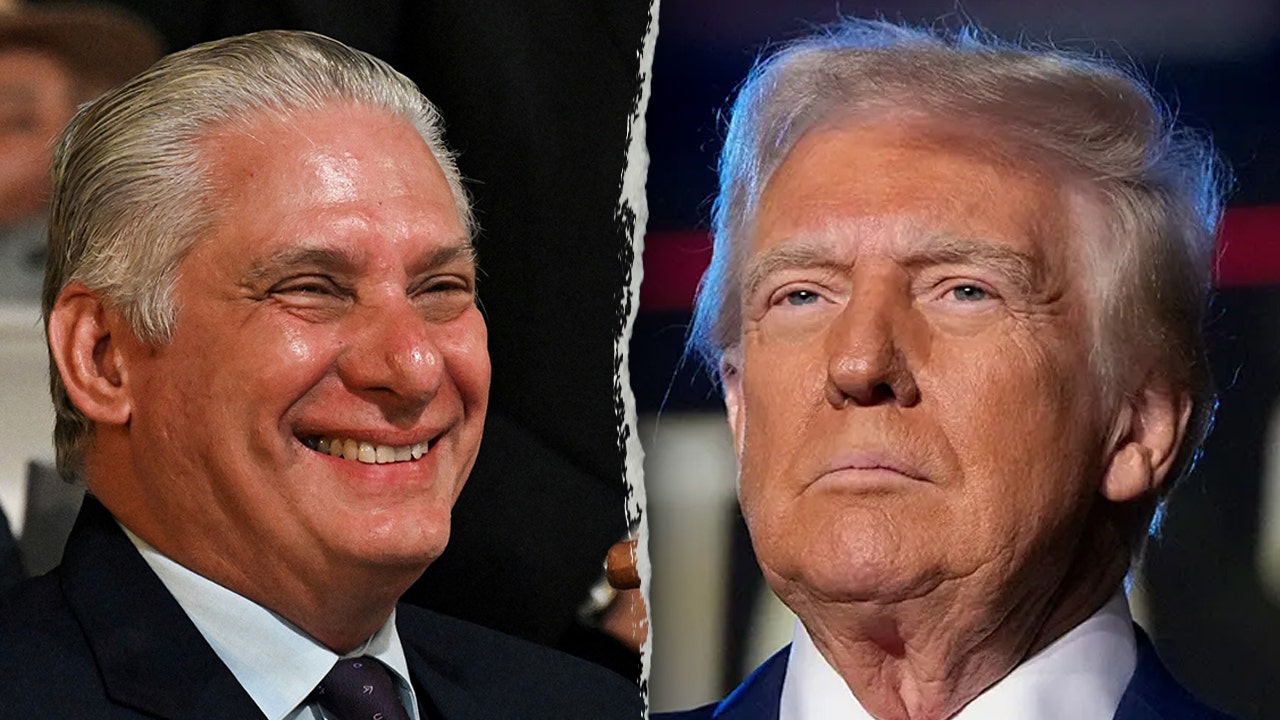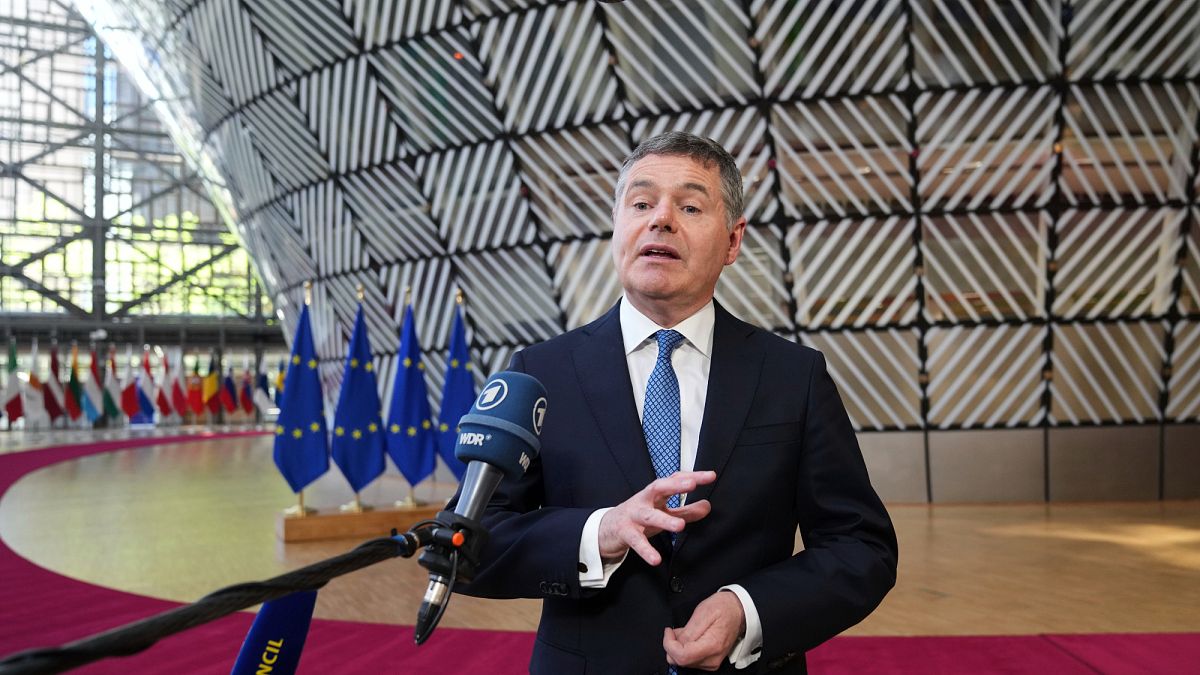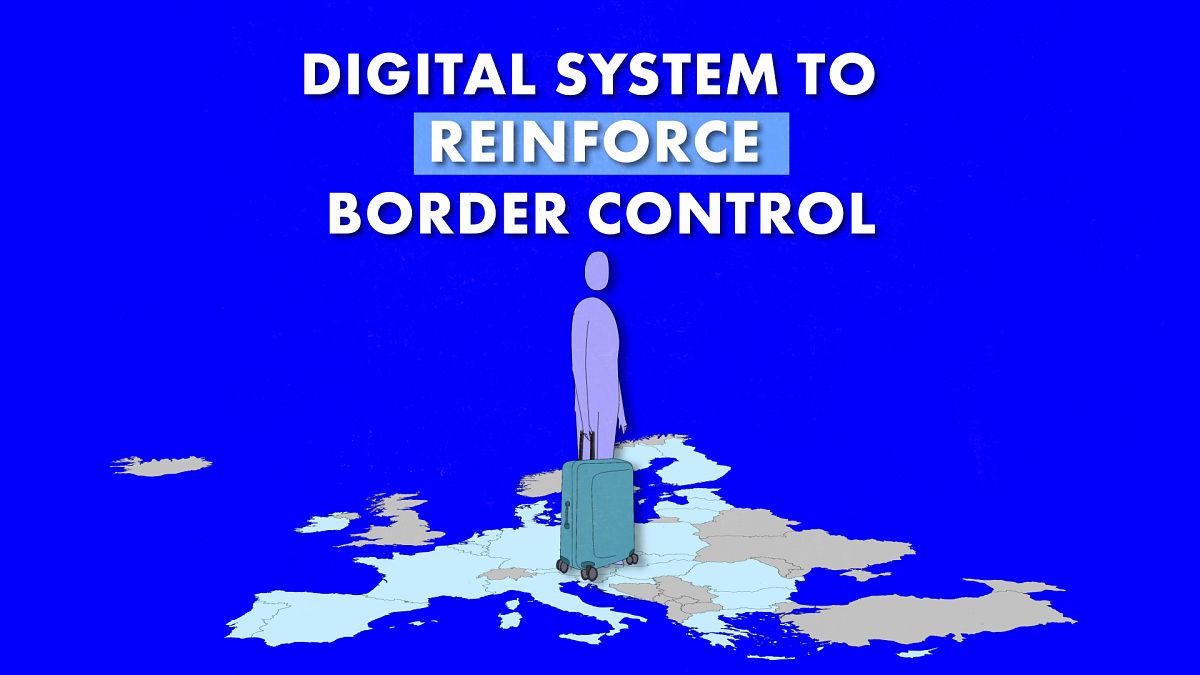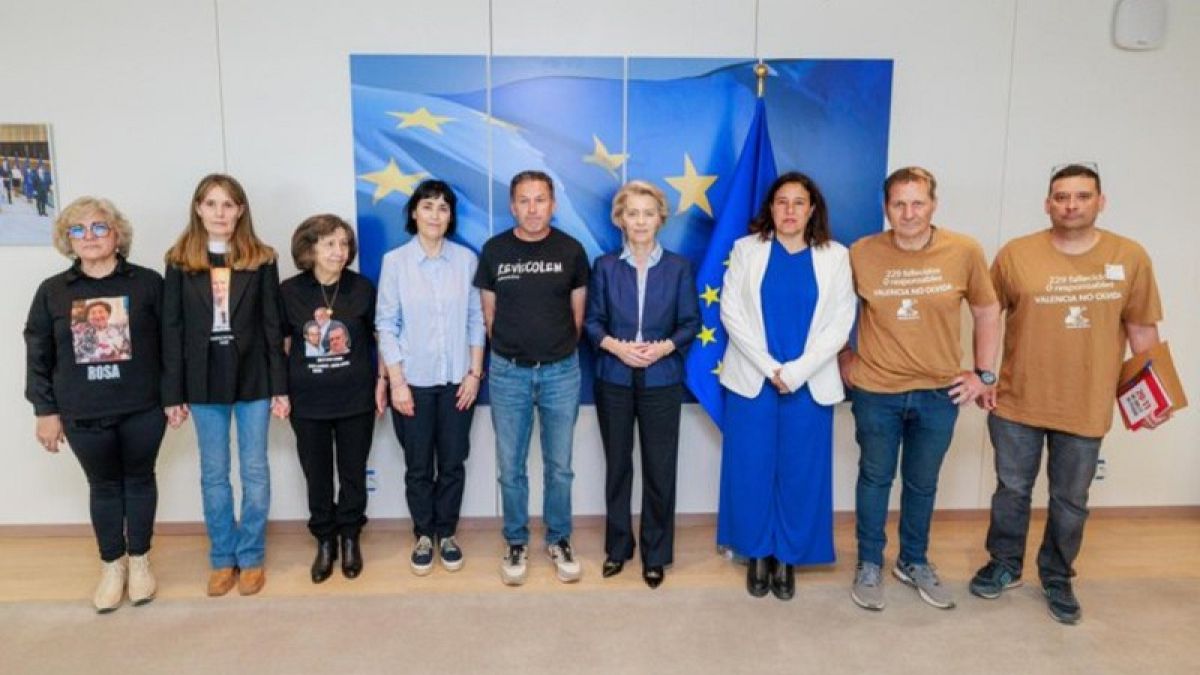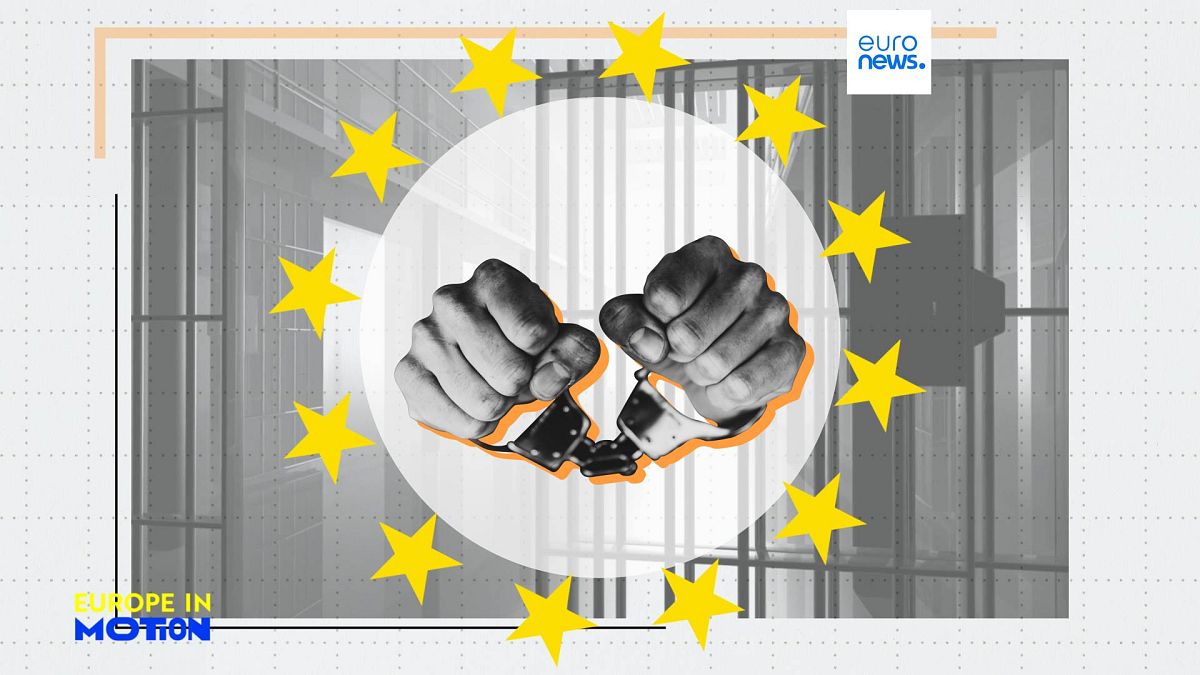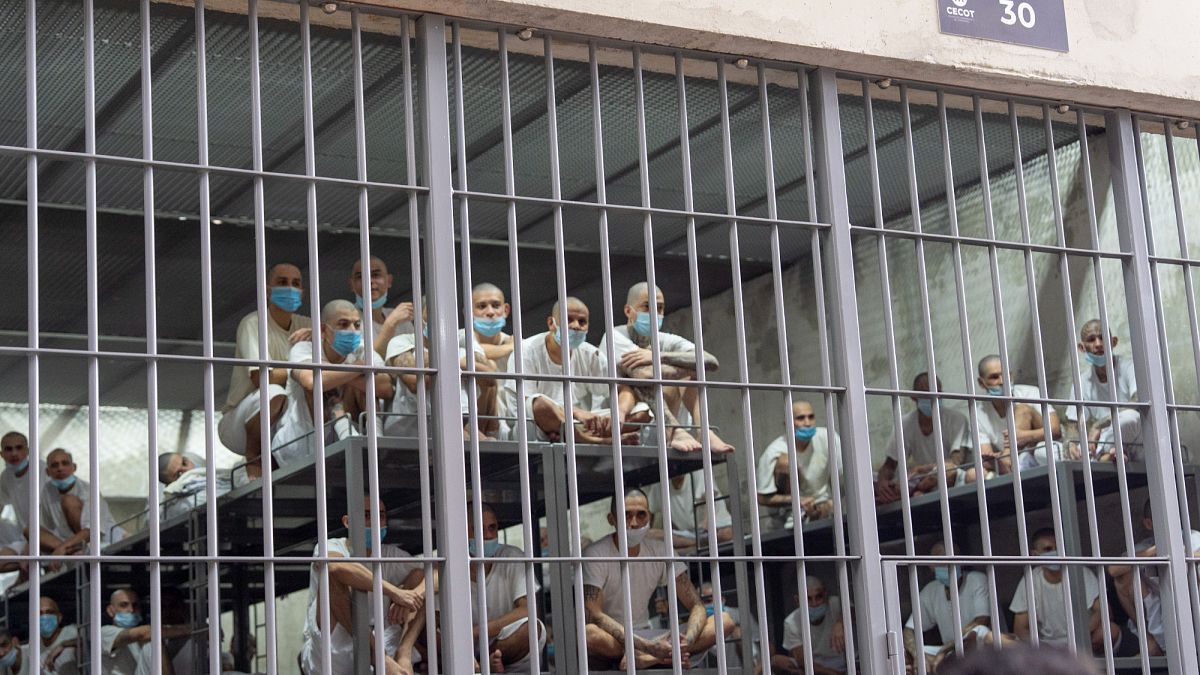Following several weeks of heightened economic tensions, the US and China have agreed to substantially reduce the tariffs they had imposed on each other — a decision that signals a de-escalation in one of the world’s most important trade relationships.
Washington had earlier levied punishing tariffs of up to 145% on Chinese goods, prompting fears of prolonged disruption to global trade flows. Now, following a high-profile announcement at the White House, US President Donald Trump has proclaimed a “total reset” in US–China relations. Under the new agreement, both countries will ease tariffs for 90 days. Trump further stated that he does not anticipate the return of the 145% tariff rates at a later point.
In an exclusive interview with Euronews, Eurogroup President and Irish Finance Minister Paschal Donohoe welcomed the development, characterising it as a positive — though not uncomplicated — moment for the global economy.
“It’s extremely encouraging. It is also a reminder of the volatility of the era that we are in,” Donohoe said.
“But amidst that volatility, China and the US clearly recognising the value of trade and how that particular trade relationship can have such a significant effect on the performance of their own economies,” he added.
“And I see that as being a positive signal, but it’s also very obvious there’s a whole lot of work that now has to flow from that. And particularly then in terms of the engagement that the EU has with the US.”
Donohoe’s comments reflect a broader desire for renewed momentum in international trade that could spill over into EU–US negotiations, where tariff issues remain unresolved.
A measured approach
As the European Commission continues negotiating its trade strategy with the US, Donohoe voiced support for a consensus-driven approach. In particular, he reiterated his longstanding opposition to introducing digital services taxes (DSTs), which some EU member states — notably France — have proposed as a way to address tax avoidance by large digital firms.
“Ireland and I have longstanding concerns regarding the role and use of digital services taxes, and my sense is that in the debate that is now taking place at the moment it is understood as an option, but it’s also understood as an option that could have very significant consequences,” he explained.
This issue has become one of the more divisive ones within the EU. While France and, to some extent, Germany support the introduction of DSTs, Donohoe emphasised the diversity of views within the bloc and framed it as a source of strength rather than division.
“I think it’s inevitable in a negotiation like this that is taking place that different members of the European Union will have different views,” he said.
“That is, after all, I believe, our strength, and what we will do is listen to each other and find a balanced outcome regarding options that we may need to take now and other options that might need to consider in the future.”
Nonetheless, he acknowledged that several member states remain deeply concerned about the broader economic and diplomatic ramifications of targeting digital services — particularly in light of ongoing EU–US trade talks.
“I think it is fair to say that there are a group of countries within the European Union that would (have) significant concerns regarding the use of DSTs and the spillover effects that it could have on the trade negotiations and the health of the economic flows between the EU and US.”
The Commission’s dilemma
Donohoe also addressed the European Commission’s growing frustration, as traditional avenues for tariff negotiation become increasingly limited.
In areas like digital services where trade deficits and tax disputes persist the pressure to act is mounting.
